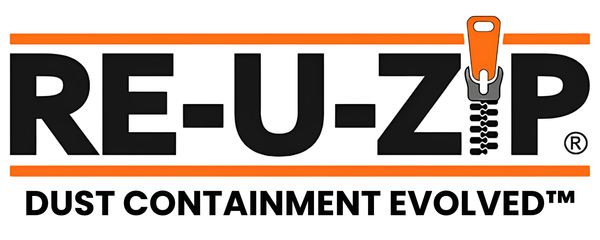
The Rise of Smart Hospitals of 2025: Revolutionizing Healthcare Construction
Share
The healthcare landscape is changing rapidly, driven by the emergence of Smart Hospitals of 2025. These state-of-the-art facilities are not just another trend in the construction industry; they are a revolutionary shift combining technology, sustainability, and patient-centered design. Dive into this blog to explore the transformative elements shaping the future of healthcare infrastructure.
Technological Marvels in Healthcare Facilities
Smart Hospitals of 2025 boast a robust technological infrastructure, leveraging cutting-edge innovations like the Internet of Things (IoT) and Artificial Intelligence (AI). These technologies enhance operational efficiency and elevate patient care. IoT devices monitor patient vitals, track medical equipment, and optimize energy consumption. AI systems streamline operations by predicting patient needs, managing resources, and personalizing treatments.
Consider the New Karolinska Solna University Hospital in Stockholm, which uses automated systems for greater efficiency and a digital platform for telemedicine and remote monitoring. Similarly, Toronto’s Humber River Hospital, North America's first fully digital hospital, integrates robotics and digital communication systems to enable real-time communication between healthcare providers and patients, setting a new standard in quality care and efficiency. Explore innovative construction solutions for smart hospitals.
Building Sustainability and Resilience
As climate change challenges intensify, sustainable and resilient hospital designs are at the forefront of the construction industry. Smart Hospitals of 2025 are constructed using eco-friendly materials and energy-efficient systems, minimizing their environmental impact. These features reduce carbon footprints and ensure hospitals remain operational during natural disasters or pandemics.
Commitment to sustainability is evident through green building practices, including renewable energy, water conservation, and optimized waste management. These efforts contribute to a healthier environment and reduce operational costs, aligning with the industry's long-term sustainability goals. Learn how sustainable practices enhance hospital resilience.
Patient-Centered Healthcare Design
The Smart Hospitals of 2025 prioritize patient-centered care, aiming to enhance the healing experience. These facilities are designed to support patient well-being, featuring adaptable spaces that cater to diverse needs and foster comfort and security. Digital interfaces and telemedicine are integral to this vision, enabling seamless communication between healthcare providers and patients.
By empowering patients to actively participate in their healthcare journey, these technologies improve satisfaction and outcomes, ensuring that patient experience remains at the heart of hospital design. Discover how patient-centered designs transform care delivery.
Ensuring Data Security and Privacy
In the digital age, data security and patient privacy are paramount for Smart Hospitals of 2025. Rigorous cybersecurity measures and compliance with privacy regulations are essential to maintaining trust and protecting sensitive information.
Hospitals must invest in advanced security protocols to prevent data breaches and handle patient information with utmost care. This dedication to data security is crucial for fostering a safe and secure healthcare environment.
Collaborative Efforts in Hospital Construction
Building the Smart Hospitals of 2025 requires collaboration among architects, engineers, healthcare professionals, and technology experts. This multidisciplinary approach ensures that hospital design and operations align with the overall goal of improving patient outcomes and operational efficiency.
Insights from industry leaders and experts enrich the narrative, highlighting the complexities of creating advanced healthcare facilities and underscoring the importance of collaboration in achieving success.
Pioneering a New Era in Healthcare Construction
The Smart Hospitals of 2025 signify a transformative shift in the construction industry, where technology, sustainability, and patient-centric design redefine healthcare delivery. As these hospitals evolve, they stand as testaments to our collective ability to build a healthier, more sustainable future.
For those in the construction industry, staying informed about these developments is crucial. Companies like RE-U-ZIP® are poised to contribute to this innovative landscape, offering solutions that support the construction of these future-ready healthcare facilities. By embracing the principles of smart hospital design, the industry can continue to advance and adapt to the ever-changing healthcare environment.



